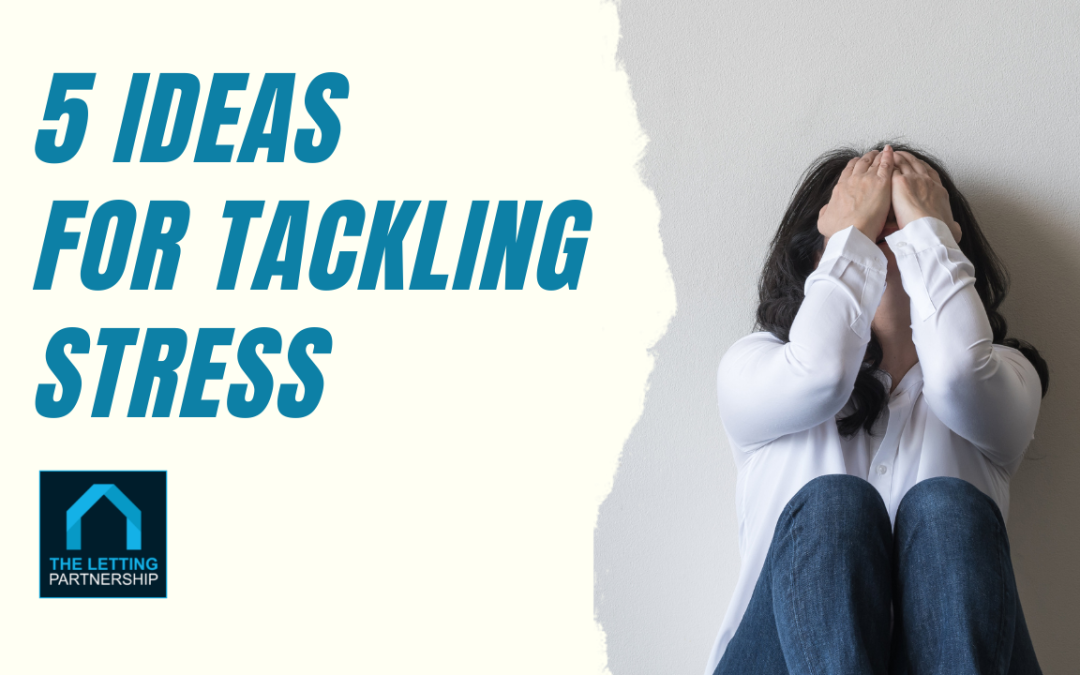5 Ideas for Tackling Stress
You might not be aware that April is ‘Stress Awareness month‘.
Stress continues to be one of the main causes of short and long-term absence. In March 2021, a HSE survey found that over 822,000 workers reported that they were suffering from work-related stress, depression or anxiety.
There are many ways stress can affect an individual; to name just a few: excessive tiredness, not feeling ‘quite right’ or in more extreme circumstances panic attacks and ill health. To help you recognise signs of stress within yourself, a member of staff or colleague click here.
Without action, negative feelings and stress will often tend to worsen…
To support the HSE data, workplace stress statistics from CIPHR July 2021 showed the main factors of stress are the 3 w’s:
- Workloads (18%)
- Work hours (14%)
- Work colleagues (11%)
It is important that you and your team understand how stress can be addressed, which will hopefully help stop it becoming overwhelming.
Five things you can do to combat stress:
1. Be Active – Move, Move, Move …
Exercise can reduce stress, improve focus, and perhaps even protect your mental health – all while shedding calories. Laced up your trainers yet?
Getting outside whenever possible has also been shown to reduce anxiety. At work, why not try walk and talk meetings?

2. Take Control
Research shows that passive thinking, e.g ‘I can’t do anything about my problem’, actually worsens your stress. When you start fixating on an issue it’s sometimes hard to think about anything else.
One easy way to try and free up some headspace is to write down the problem, or problems, you are struggling with. You don’t need to find a solution right away. Just getting the crux of the issue that is bothering you out of your head and onto a page, can work wonders.

3. Set Achievable Goals!
Start small and then build on the foundation you have started, whether it be completing the top 3 items on your to do list or starting that project at work that you have been postponing for weeks even months. Once you have started, this alone can relieve a level of stress.
Monthly or even quarterly 1:1’s with staff or business partners can often help set the challenges for the following weeks and months.
There is no need to face challenging life circumstances alone
4. Reach Out
Try and reach out to family or friends, often friends or family members may have tackled similar challenges and have useful ideas and perspectives.
There is no need to face challenging life circumstances alone. Support from family or friends can help you start and continue to take better care of yourself. Employers, try and check in with your team regularly.
5. Manage Your Devices
People who are constantly checking email or social media typically report higher levels of stress. Give yourself a break over the weekend and in the evenings. Put your phone to bed before you go to bed, work is never more important than your health.
Employers, you should ensure that your staff know that you are not expecting them to reply to messages at the weekends or late at night.

Please do share with friends and family, you never know who maybe experiencing feelings of stress. If you ever feel you are overwhelmed by stress, click here for a list of organisations you can contact.
* * *

